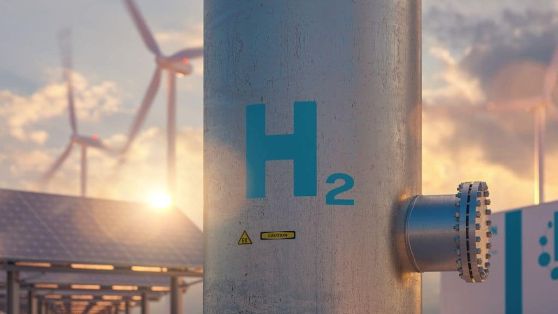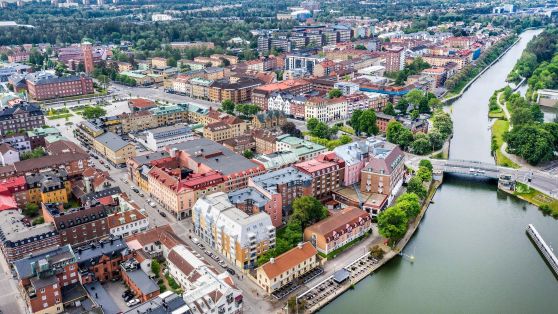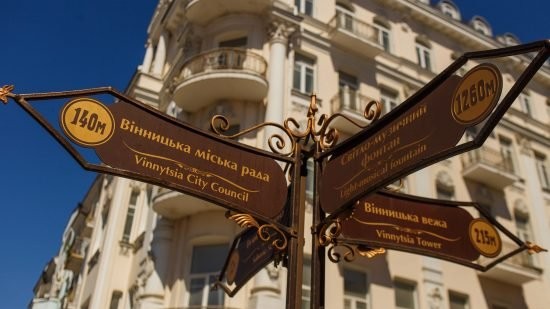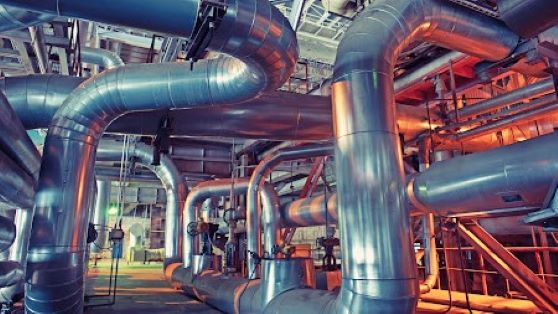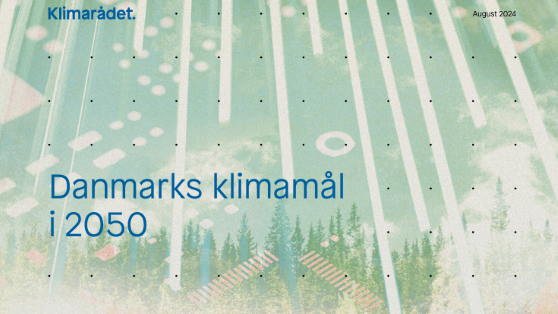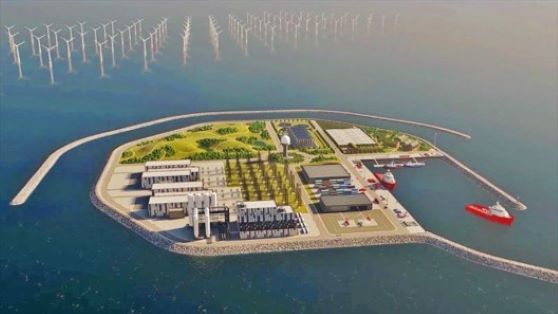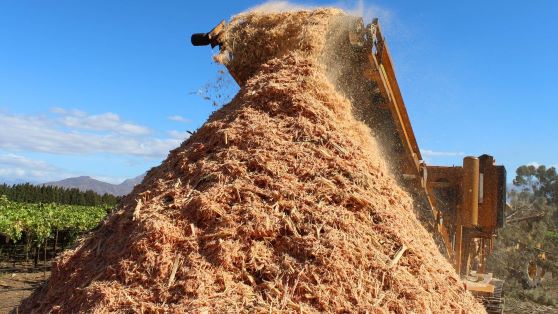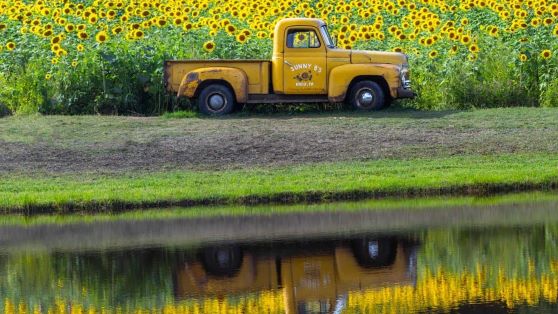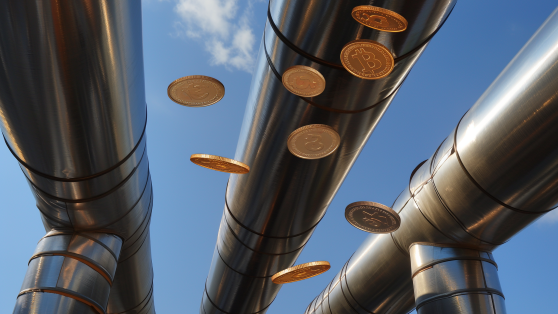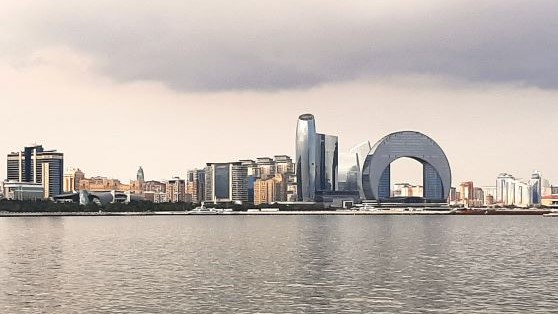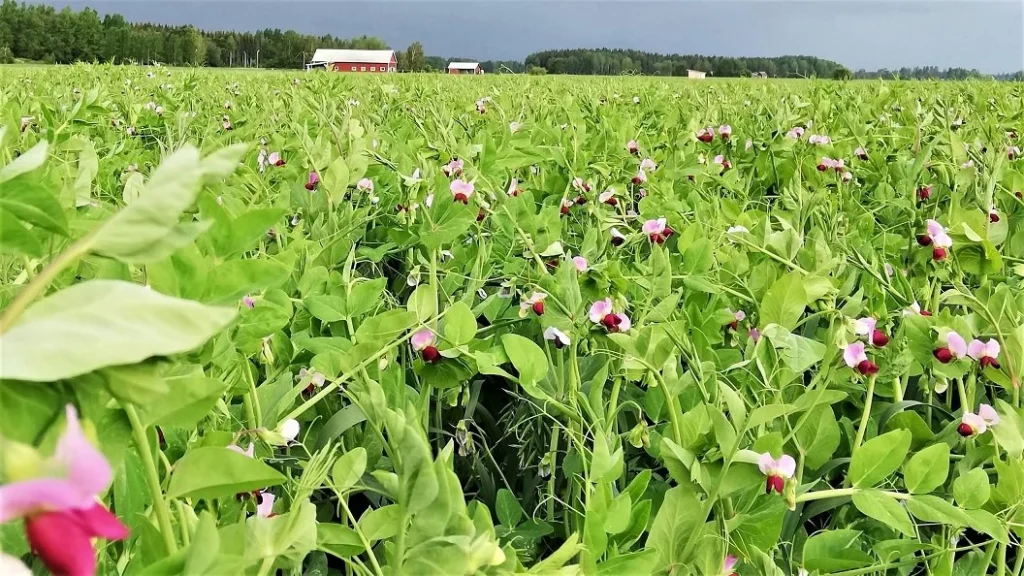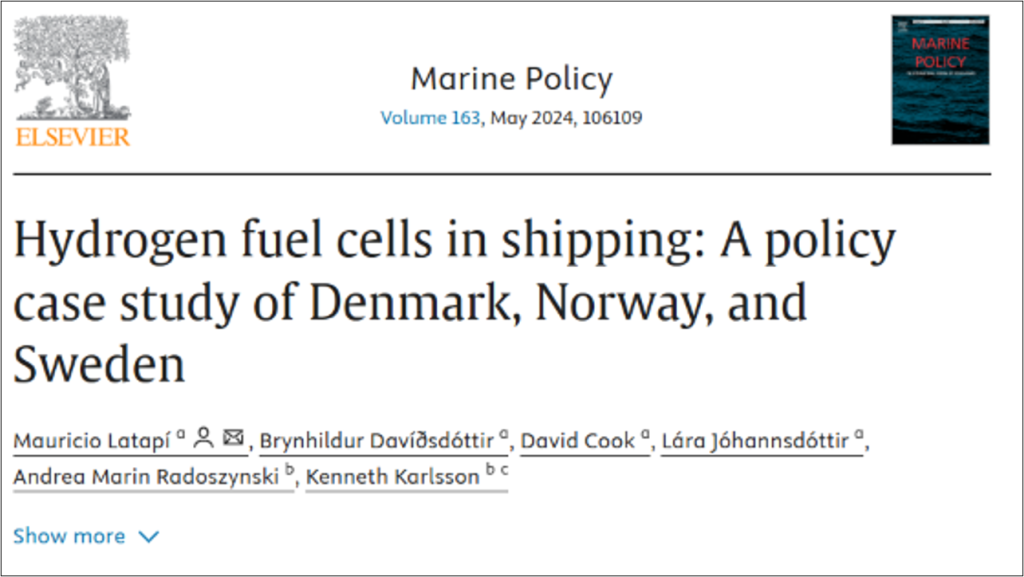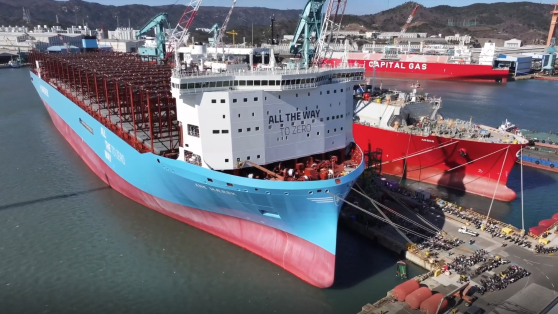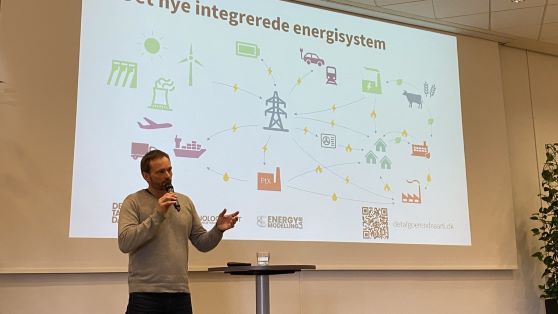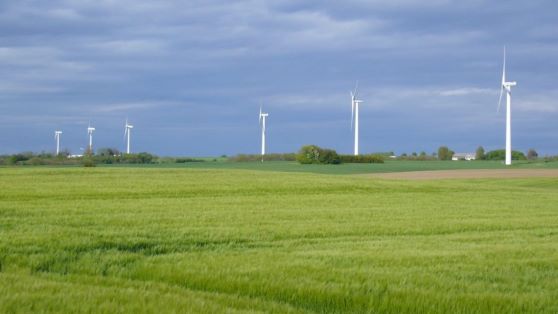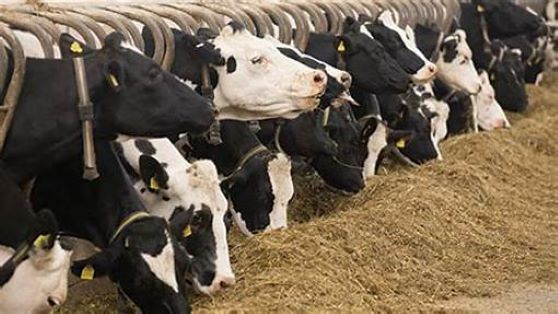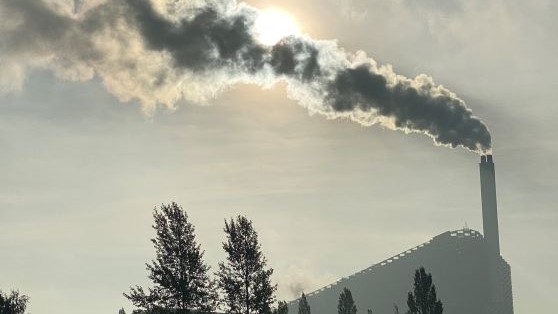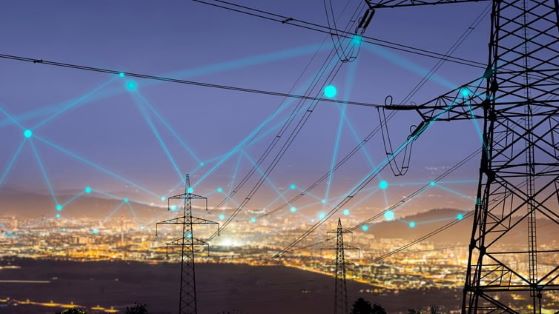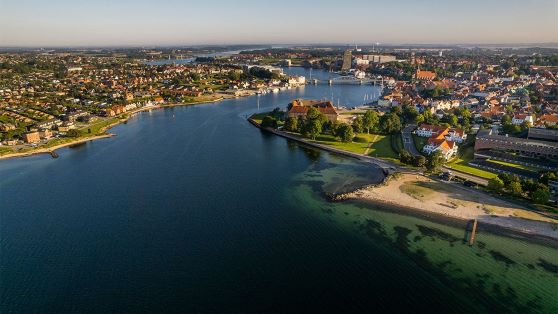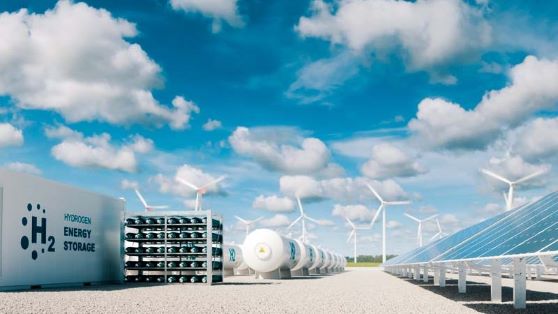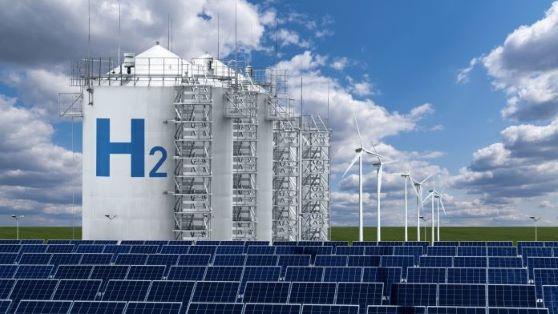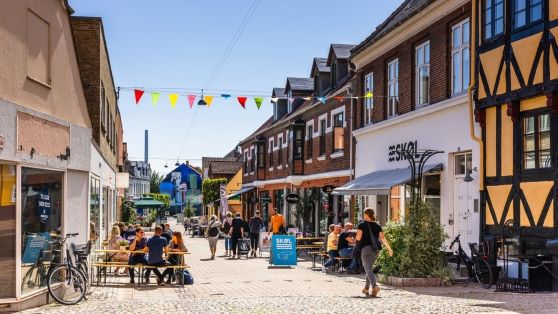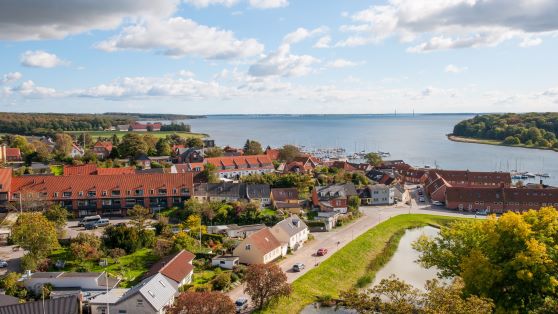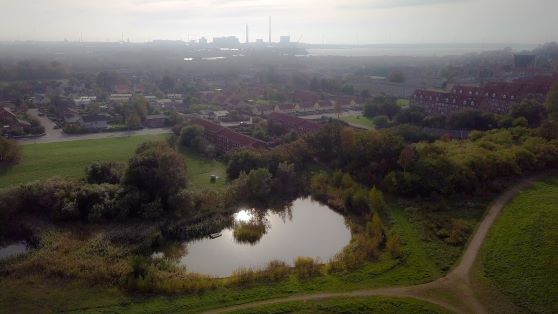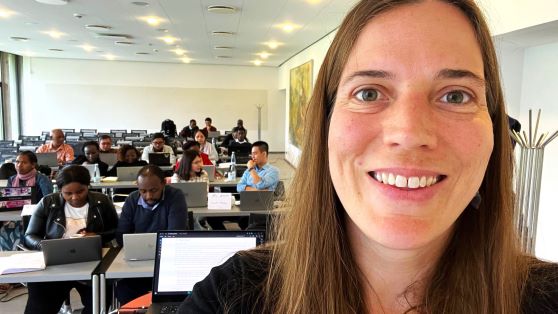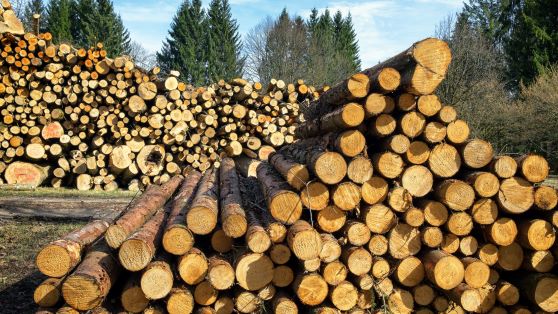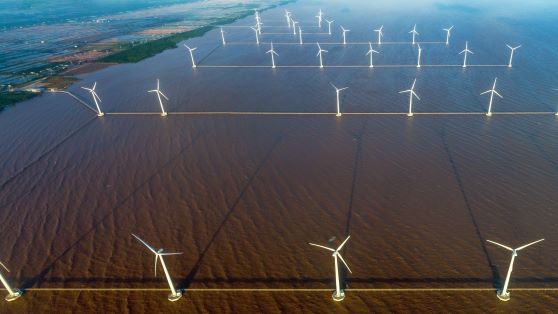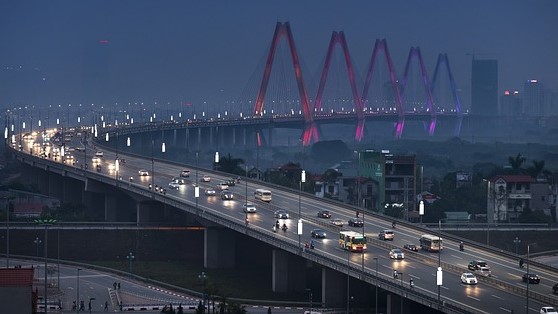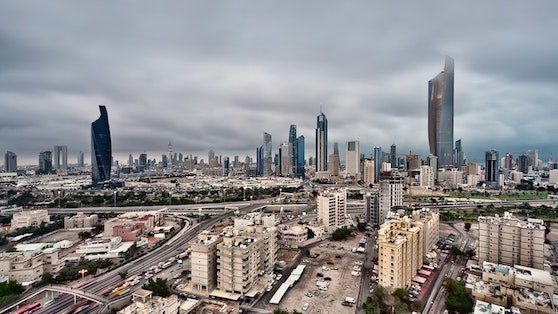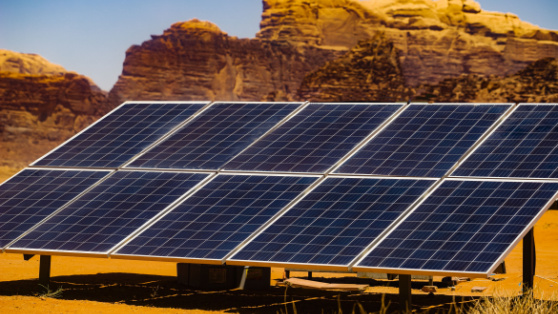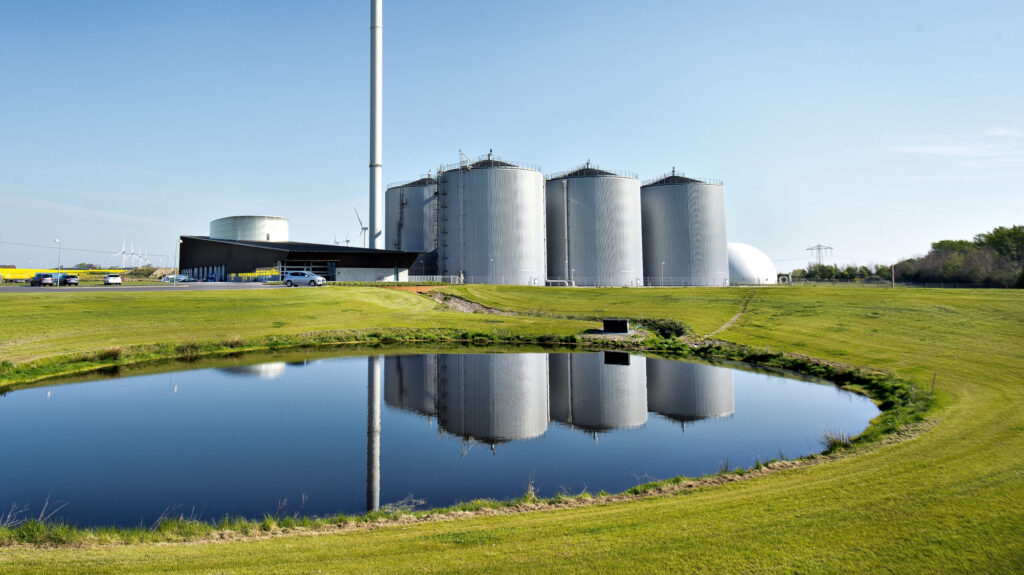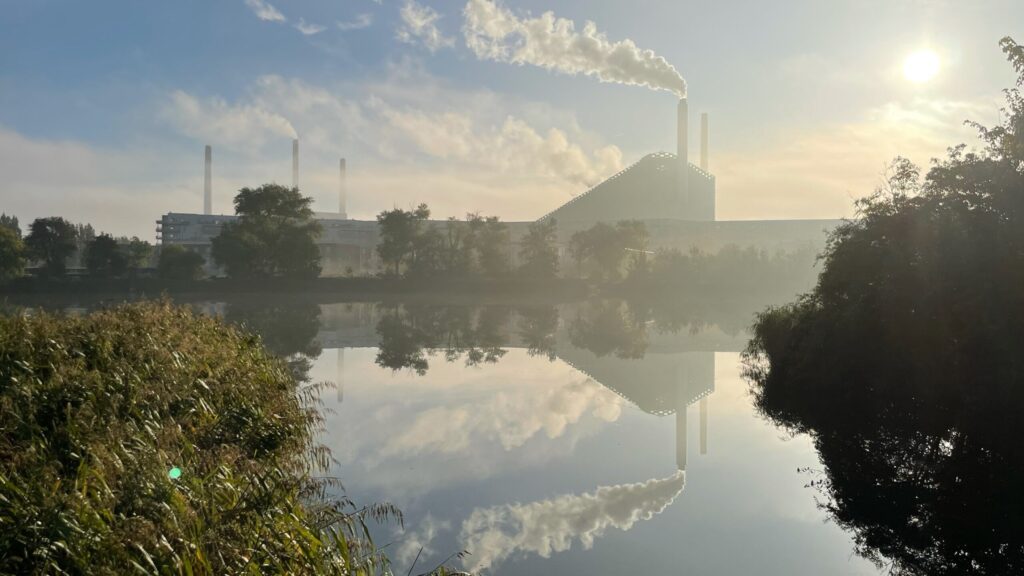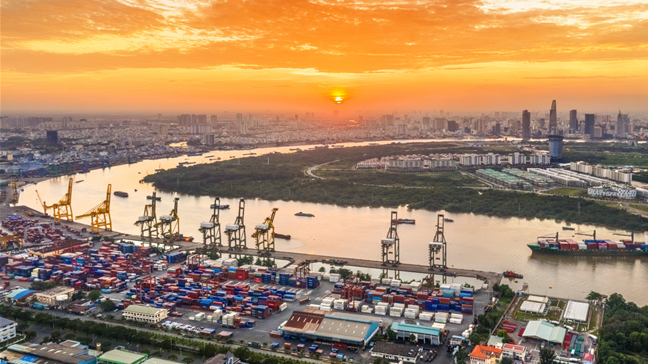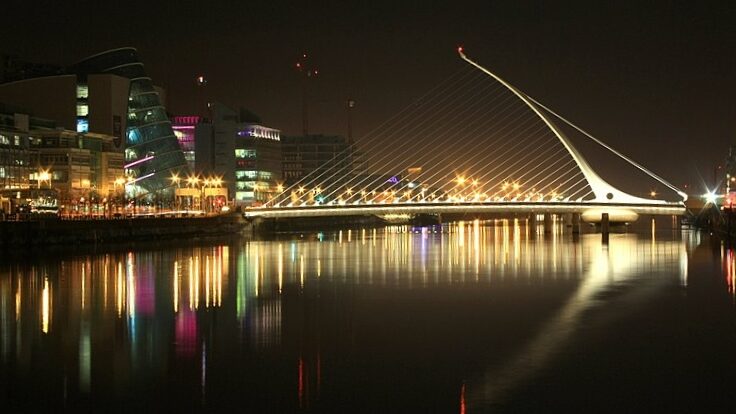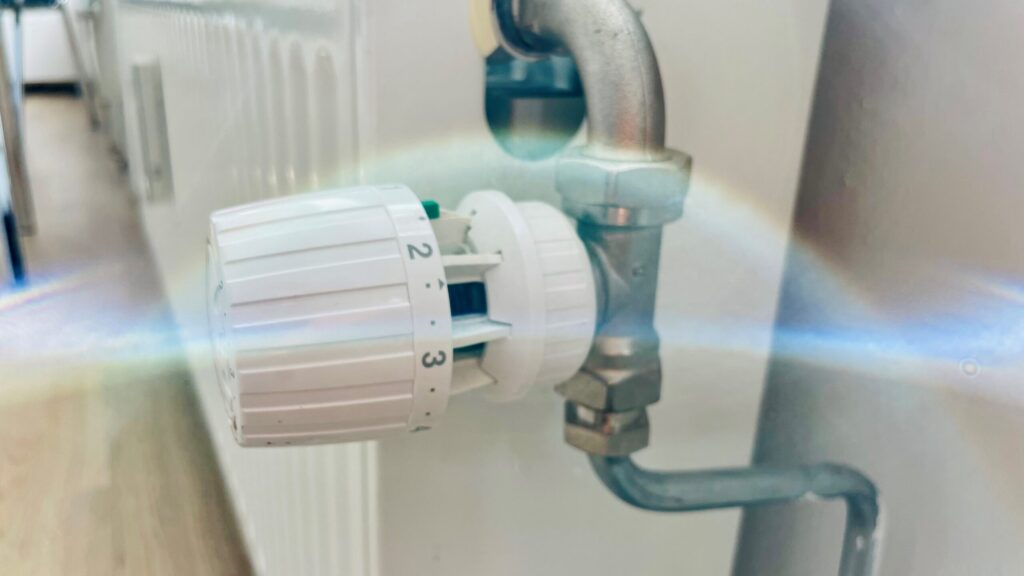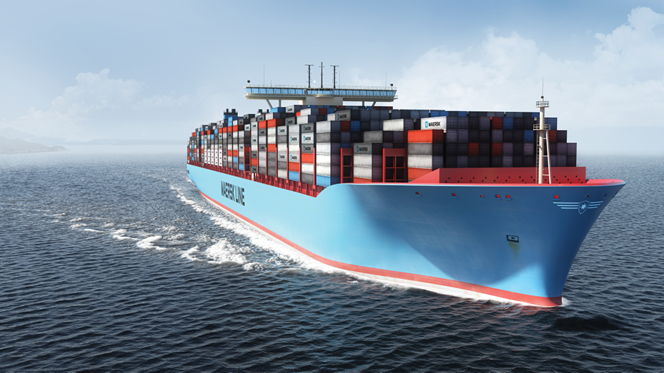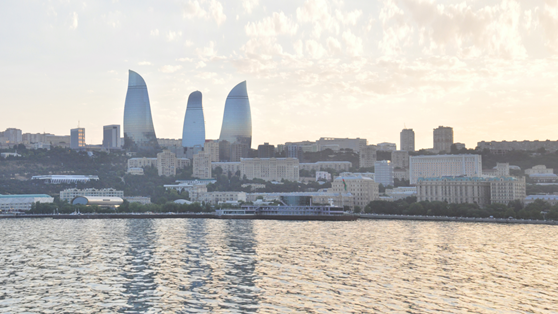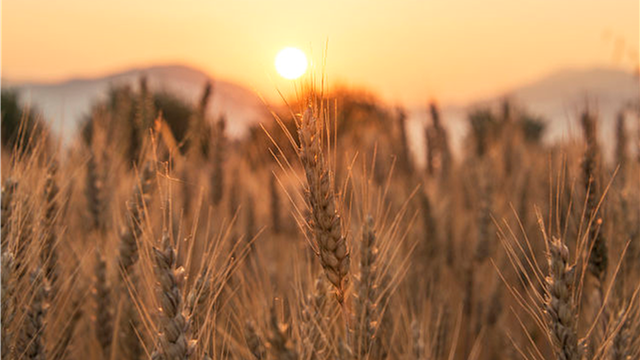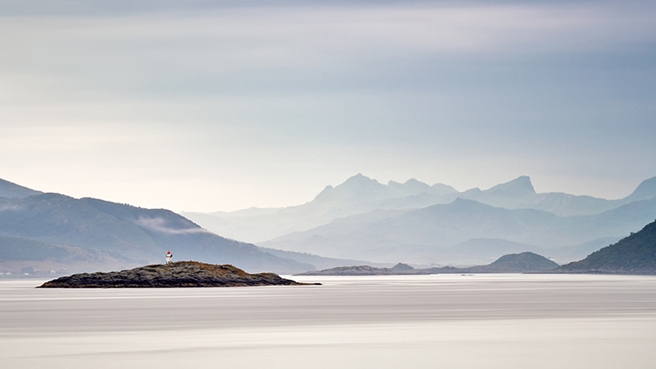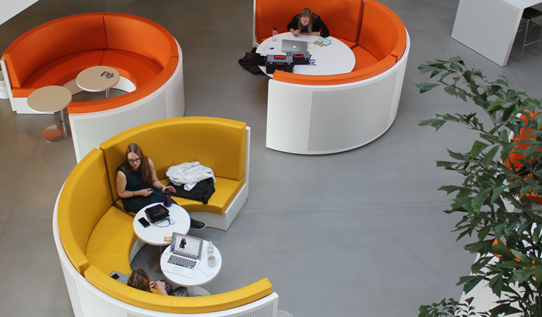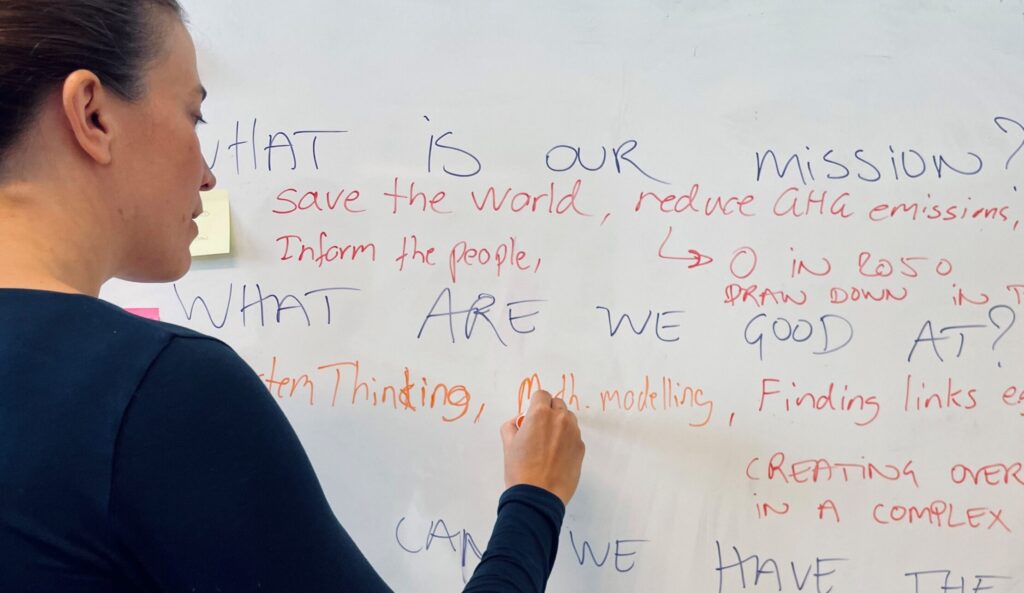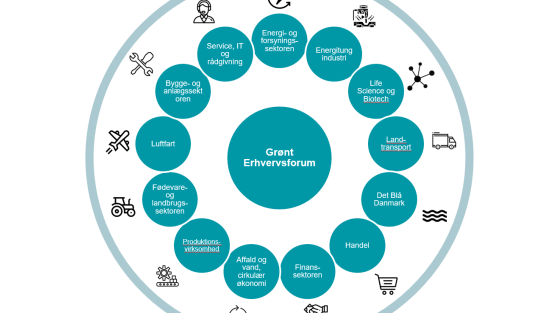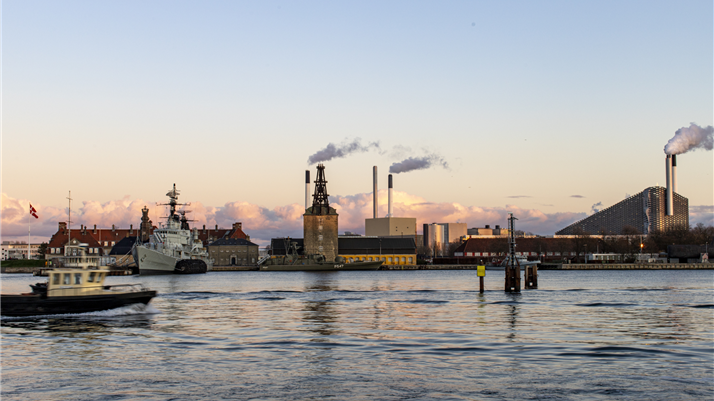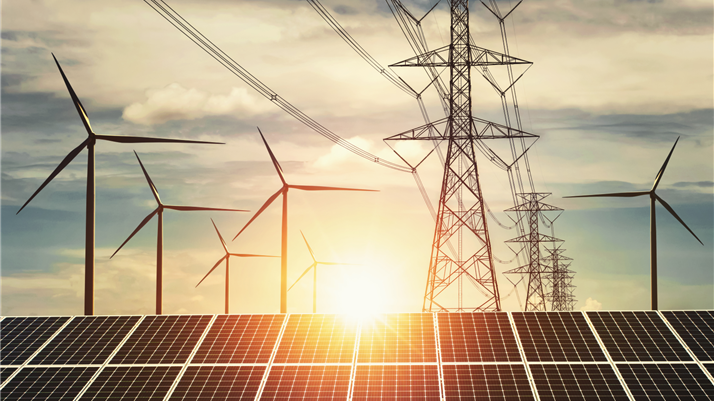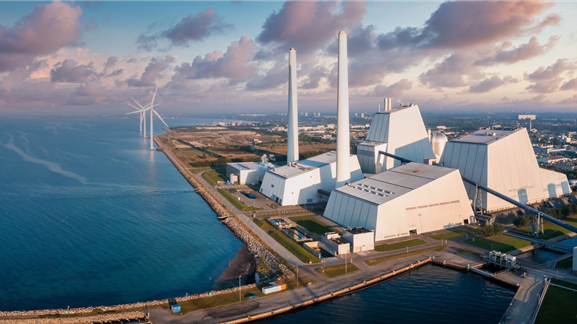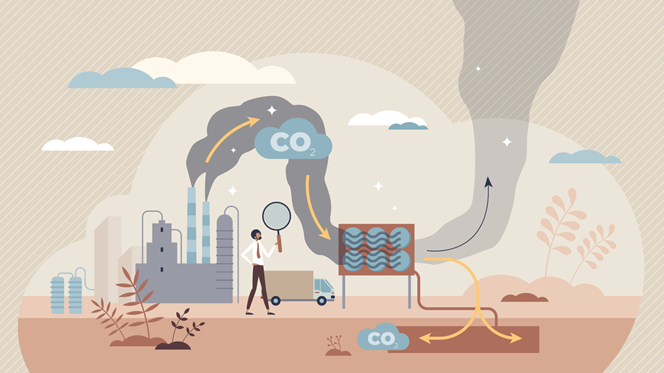Supporting strategic energy planning, we have successfully implemented projects in the fields of energy, green transition, and climate change. Our expertise is the analysis of energy systems, energy markets, the potential impact of new technologies and policies, and macroeconomic feedback.
We use advanced energy systems modelling. We build tailored energy systems models and generate numerous scenarios showing the impact on demand, production, and prices from factors such as technology choices, taxes, and EU taxonomy.
We provide services on national, international, and local levels to companies, institutions, and Government Agencies.
- Danish Investment Options for HydrogenThe PtX Infrastructure Research project evaluates Danish investment options for hydrogen and CO2 infrastructure. The results should support Danish green fuel production.
- Recommendations for Investments in New TechnologiesBrightcore Energy has assigned EML to build a tailored energy systems model, the TIMES-Arlington model.
- Developing District Heating in TrollhättanTrollhättan Energi is developing district heating in Trollhättan and has assigned EML to make a customized energy systems model, the TIMES-TE, model to identify cost-optimal solutions.
- Innovating Energy Planning in UkraineVinnytsia municipality in Ukraine has engaged in a project to develop a comprehensive district heating investment roadmap supported by a TIMES-Vinnytsia model developed by EML.
- Modelling Gothenburg City energy systemWe are supervising the PhD project “Policy-driven long-term development of city energy systems”, modelling the Gothenburg city energy system as a case study.
- Improving the competitiveness of district energyWe have made a quantitative impact assessment related to load distribution for Varmelast, Greater Copenhagen area.
- Denmark’s Climate Targets 2050We have supported the Report Denmark’s Climate Targets 2050 published by the Danish Climate Council. We developed the BioRes model.
- Planning the optimal energy islandWe have developed an innovative model enabling planning of an optimal energy island that generates the maximum economic returns for investors and developers.
- Phasing out the Use of BiomassDanish District Heating association has assigned us to analyze the impact of phasing out the use of biomass by 2035. We have explored three scenarios.
- Modelling the Water-energy-food NexusWe are hosting and supervising PhD student Daniele Mosso from Politecnico di Torino. He is focusing on tools to modelling the water-energy-food-nexus.
- Financing district heating projectsWe have launched a research project on the challenges of financing district heating projects. Our focus is analyzing fundamental structures and identifying best practices.
- Low Carbon Solutions for AzerbaijanWe are collaborating on a Roadmap with recommendations on relevant policies and technologies for the decarbonization of the energy sector in Azerbaijan.
- Developing scenarios for CONCITOWe have contributed to developing three scenarios for CONCITO. The scenarios represent three visions of land use in Denmark, considering concerns regarding sustainability, climate neutrality, and natural resources.
- Hydrogen fuel cells in shippingIt’s necessary to ban the use of fossil fuels to complete the green transition in shipping. To put it short, this is the main finding of our new research study that has been published in the leading journal Marine Policy (May 2024).
- Production of green fuels for shippingEnergy Modeling Lab made the calculations on which DR based the main point of a broadcast on the production of green fuels for shipping. The program 21 Sunday was broadcasted on February 11, 2024.
- Den grønne skibsfarts behov for brændstofDR’s program 21 Søndag satte fokus på den grønne skibsfarts behov for brændstof i udsendelsen bragt den 11. februar. Energy Modelling Lab har udarbejdet de beregninger, som DR anvendte.
- Partnership model for municipalitiesA new partnership model for municipalities can help local authorities mitigate resistance from citizens to new renewable energy projects. We contributed as independent experts.
- Speeding up Nordic Green TransitionWe will be collaborating with Danish, Swedish, Norwegian, and Finnish partners on a major research project entitled SpeedLocal. The aim is to speed up the Nordic green transition.
- Agricultural and forestry sectors’ emissionsThe agricultural and forestry sectors’ emissions are accounting for almost 20% of the total global emissions. The result of our new research project will be a data module enabling modellers to analyze these emissions in TIMES.
- Supporting District Energy DecarbonizationEnergy Modelling Lab has joined TEN21, a collaboration platform supporting district energy decarbonization. We make analyses, identify least-cost solutions and develop business models for investments.
- Ancillary services costs in SwedenWe have developed a long-term forecast of ancillary services costs in Sweden, spanning until 2050. We were assigned by the Danish company Hybrid Greentech.
- Early Action on Energy EfficiencyEnergy Modelling Lab has contributed to a background study focusing on buildings and industries. We presented key energy efficiency messages at the IEA Energy Efficiency Conference 2022 in Sønderborg.
- Best locations of PtX plantsWhat could be the best locations of PtX plants in the Nordics? The answer to this question is one of the expected outcomes of the PtX Sector Coupling and LCA project. Energy Modelling Lab is collaborating with 13 partners.
- Analysis of future energy marketEnergy Modelling Lab has made an analysis of the future energy market in Northern Europe. The analysis has served as reference in a major report on future Danish hydrogen infrastructure published by CIP Foundation.
- Local dialogue on green transitionEnergy Modelling Lab is participating in a series of meetings to support an informed local dialogue on green transition. We present facts about green energy production and estimates of future demand.
- Fremtidens grønne energi i VordingborgI Vordingborg Kommune forventes efterspørgslen på grøn strøm at stige i de kommende år. Men hvor skal strømmen komme fra? Energy Modelling Lab har deltaget i en grøn energi dialog med borgerne.
- Grøn dialog i KalundborgI Kalundborg forventes forbruget af grøn strøm at blive mere end fordoblet frem til 2050. Energy Modelling Lab har deltaget i en grøn energi dialog med borgerne. Hvor skal strømmen komme fra?
- Teaching energy system modellingFor several years, Ida Græsted Jensen, PhD, and partner in Energy Modelling Lab, has been teaching professionals how to understand and use energy system modelling including the Balmorel model.
- Supporting the Council on Climate ChangeEnergy Modelling Lab is updating and handing over the Danish Biomass Resource Model, DK-BioRes, that we developed a few years ago. The model features all Danish biomass resources from agriculture, forestry, and aquaculture.
- Viet Nam to reach net-zero emissionsViet Nam aims to reach net-zero emissions by 2050. Energy Modelling Lab is developing scenarios that will be used in a new energy-system model for the upcoming Energy Outlook Report 2023.
- Enhancing energy planning in Viet NamWe are assisting the Vietnamese authorities to build up their planning capacities. To this end we have updated the technology catalogue that is integrated in the TIMES-VNM model. It includes technologies not yet being used in Viet Nam.
- Net-zero emissions in KuwaitWe are supporting steps to reach net-zero emissions in Kuwait by 2060. By developing an energy modelling framework, we can identify pathways to integrate new solutions across key-sectors.
- Low emission strategy in JordanWe are supporting the Jordanian Government in developing a strategy to reach the low carbon emission target 2050. Our model is showing the optimal pathways through the jungle of technological solutions.
- New biogas moduleIn collaboration with The Danish Energy Agency, we have updated the TIMES models by developing and integrating a new detailed module that represents both existing and potential biogas technologies.
- The future of district heatingElectric heat pumps and surplus heating will take over the district heating marked. Is the loss of thermal plants a problem?
- Net zero by 2050 in VietnamVietnam is facing a massive expansion of green energy on their path to net zero.
- Data Center Waste HeatSupporting local officials in Dublin on how to expand the district heating network to utilize waste heat from the data center by using the TEN21 toolbox.
- A mosaic of district heating sourcesThe future district heating systems consist of a variety of heating solutions that are sustainable, inexpensive and locally anchored.
- Clean Nordic shippingAssessing the role of hydrogen and fuel cell solutions to identify the optimal path to a fossil free shipping industry in the Nordic countries.
- Energy strategy in AzerbaijanWe developed a TIMES model for Azerbaijan to support long-term energy and climate policy planning and provided capacity building.
- Danish Bioresource ModelDeveloping a model to support a green transition within agriculture and forestry.
- Vietnam’s long-term energy strategySupporting the Vietnamese government in the transition into their future energy system.
- Nordic Clean Energy ScenariosIdentifying paths to a fully carbon neutral Nordic region.
- TIMES modelling courses at SDUTeaching Energy System Modelling and supervising students.
- PhD-course in energy modellingTraining the future energy modelers at the Technical University of Denmark.
- A new educational platform KAOSThe platform focuses on climate change and energy system modelling for Danish high school students.
- Impact of Danish Climate PartnershipsEnergy Modelling Lab has modelled the impact of the Danish climate partnership. The results are still relevant for the ongoing discussions. The results can be found here: https://klimaaftalen.tokni.com/ EML team: Kenneth Karlsson and Ida Græsted
- Reducing air pollution saves billions of kronerSaved health costs from air pollution reduce the costs of the green transition
- Energy planning in UkraineSupport the implementation of national energy planning in Ukraine, through model building and scenario analysis.
- Zero Energy Buildings in KoreaAnalysing the climate, health and economic impact of switching to clean energy sources in Korean schools.
- Engaging in the modelling communityTo stay in the top of the game, it is crucial to keep updated and share knowledge in the global modelling community.
- Adding carbon capture to TIMES-DKAdding both carbon capture technologies and the utilisation and storage of CO2 to the energy system models.
- Time-slicing tool for energy modelsDeveloping a flexible tool to select the right time intervals for the TIMES models.

